Franciscans lose millions, in debt

Father Michael Perry.
Ineffective budgetary oversight and “questionable” financial activities have plunged the Order of Friars Minor into significant debt and an extremely serious financial situation, its Minister General said in December.
Following an internal investigation into the order’s finances, US Franciscan Father Michael Perry, the superior, announced to all members of the order that its General Curia “finds itself in grave, and I underscore ‘grave,’ financial difficulty, with a significant burden of debt.”
He attributed the situation to unapproved financial activity by some friars as well as non-Franciscans and said the curia had retained lawyers and contacted civil authorities. The announcement was published as an open letter on the order’s website December 17. The announcement included a plea to Franciscan superiors around the world for “your understanding and for a financial contribution to help address the current situation, which involves also the repayment of significant debts.”
The general treasurer, identified by Italian media as Father Giancarlo Lati, has resigned as treasurer and as legal representative of the order, Father Perry said, and the Franciscans have informed the Vatican about the situation. People who were not Franciscans also seem to have played a “central role” in the illicit activity, he added.
Father Perry was elected minister general of the order in May 2013 with a mandate to serve until 2015, completing the six-year term of Spanish-born Archbishop Jose Rodriguez Carballo, who in April 2013 was appointed secretary of the Vatican Congregation for Institutes of Consecrated Life and Societies of Apostolic Life. Father Perry had served as the order’s vicar general since 2009.
Father Perry promised to make a complete report on the situation when the Franciscan General Chapter meets in 2015.
—Carol Glatz (CNS)
Pontifical Council for Culture stumbles with clueless video aimed at women
A two-minute video for a February 2015 assembly on “Women’s Cultures: Equality and Difference,” raised eyebrows this winter — and not just because of the fake eyelashes involved.
The YouTube video, released by the Pontifical Council for Culture, appalled many English-speaking Catholic women. Reactions on Twitter and Catholic blogs range from “Is this thing a joke?” to “It makes me queasy, actually angry.”
The two-minute video was produced by the Pontifical Council for Culture in preparation for the February 4-7, 2015 Plenary Assembly.
In the opening moments of the video, a coquettish blond woman tosses her ringlet-capped head about and chirps: “At the Pontifical Council for Culture, in the Vatican, they have taken inspiration from Pope Francis’ openness and are reflecting on women’s cultures and the place for women in societies today, between equality and difference. At what point are we today, as women?”
Most women who viewed the video were first stunned then distracted by the puckered lips and false eyelashes of the speaker. What type of woman did the committee who produced the video hope to attract? A woman worried about cultural support for marriage and family life? For education? For the protection of unborn babies? At the very least, an actress in false lashes seemed an awkward, discordant note to the topic at hand. Catholic women in television and film blasted the clumsy production as simply unprofessional. Apologist Patrick Madrid facetiously asked, “Hey guys, you outsourced this video, right?” A scan of responses to the YouTube video include “ghastly,” “repulsive” “painful” and “an attempt to be hip.”
The goal of the Council was to invite women the world over to send in one-minute videos of their own assessment of women’s concerns. However, as some noted, the video was uploaded on December 23, but the submission deadline was January 4, 2015. What woman in the midst of the Christmas season and family holidays would have time to produce a video? Only those alerted before the video went public, is the surmise of some who commented, “They have an agenda, while pretending to appear inclusive.”

Cardinal Gianfranco Ravasi.
Later, the Pontifical Council yanked the English version of the video. One wonders who was responsible for this effort of the Council to communicate with women. Can it possibly be that Cardinal Gianfranco Ravasi, the erudite president of the Council, had not seen the video before it was uploaded? And, once the responses flooded in, that he was alerted to the criticism? (Recall that Cardinal Ravasi was chosen by Pope Francis to serve with five other cardinals as the drafting committee for the final version of the Report of the Extraordinary Synod 2014, after the disastrous preliminary mid-term report of the Synod.)
—Mary Jo Anderson
Megachurch Pastor Rick Warren Joins Pope Francis in Support of Common Mission

Pastor Rick Warren.
Pastor Rick Warren has called on non-Catholic Christians to join with Pope Francis and the Catholic Church in pursuit of their common goals.
Warren, a Protestant, is founder and pastor of California’s well-known Saddleback Church and author of best-selling books including The Purpose-Driven Life, which has sold 36 million copies, and The Purpose-Driven Church.
Pastor Warren was among the speakers in November 2014 at Humanum, the Vatican’s International Religious Colloquium on the Complementarity of Man and Woman.
In an interview with EWTN’s Raymond Arroyo which aired after the conference, Warren called for adherents of various Christian denominations to unite with Roman Catholics and Pope Francis to work together on three shared goals, focusing on the sanctity of life, the sanctity of sex, and the sanctity of marriage. Warren said he envisioned Catholics and Protestants working together, not with a structural unity, but rather, with a unity of mission. “If you love Jesus,” he said, “we’re on the same team.”
Warren’s remarks were well received in the Catholic community. But Evangelical Reformed apologist James White, director of Alpha and Omega Ministries and an avowed anti-Catholic, called on Warren to repent. Brian Houston of Hillsong Church expressed alarm about Warren’s “subtle backslide into Catholicism” and claimed that his concern is shared by Christians nationwide.
RATZINGER brothers together in rome for christmas

Monsignor Georg Ratzinger.
Monsignor Georg Ratzinger, former music director of the Regensburger Domspatzen, the Boys’ Choir of the Cathedral in Regensburg, in late December flew from Munich to Rome to visit his brother, Pope Emeritus Benedict XVI, and stayed there until January 16. He was looking forward to his weeks at the Vatican, the prelate told Bavarian Radio, not only because of his younger brother’s company, but also because of the good food. The cleric himself admits that he still has a good appetite. Moreover he likes the mild climate in Italy in the winter months. On January 15 Georg Ratzinger turned 91.
The monsignor commented on the present routine of his younger brother Joseph (aged 87), the Pope Emeritus: “He just feels freer now, after all. In the morning he opens his mail and writes letters; in the afternoon he often has audiences with bishops and God knows what else. But it is all more relaxed.”
For many years now it has been the older brother’s custom to visit his younger brother in Rome during the holidays. In 2011, in an interview with Michael Hesemann, he explained: “Naturally I travel to Rome for Christmas, but not until December 28, when the church celebrations are over…. So we spend the feast of the Epiphany together, which in Italy is celebrated even more than in Germany; there, unlike at home, it is the time for exchanging gifts…. When I visit my brother, we talk about all sorts of topics: about the past, about the problems in today’s world, about personal things, about health, and naturally about the weather occasionally, too.”
—(kath.net/KNA)
ISIL razes to ground Catholic church in Mosul
ISIL Takfiri militants have razed to the ground a Catholic church in a gruesome act of terrorism in the Iraqi city of Mosul.
“Members of the extremist organization (ISIL) cleared the Church of the Virgin Mary of its contents in the al-Arabi area, north of Mosul, and blew it up after a few hours,” Pastor Behnam Raad told the Kurdish newspaper Rudaw on December 27.
According to local Iraqi sources, the Takfiri terrorists had planted the bombs in the church and sealed it off a day before.
Back in November, the Takfiri terrorists blew up the historical St. George’s Church in Mosul and demolished the holy shrine of the Prophet Yunus (Jonah) there in July.
The militants have been carrying out horrific acts of violence, including public decapitations and crucifixions, against Syrian and Iraqi communities such as Shias, Sunnis, Kurds, Christians and Izadi Kurds. Western nations and allies, including Qatar, Saudi Arabia, and Turkey, have given financial support to the militants.
Pope Makes Private Visit to Sistine Chapel

The Pope in the Sistine Chapel.
Pope Francis made a private visit to the Sistine Chapel on Christmas Day.
The Holy Father visited the chapel alone to not only enjoy the new lighting recently installed, but also to have a few moments of prayer, reported Il Sismografo.
In addition to being Christmas Day, December 25 was a special day for Francis: the anniversary of his Baptism. He mentioned this on a December 14 visit to a Roman parish, where he spoke to a group of families with recently baptized children: “I should be somewhat curious to ask a question, but I won’t do so … Or I will do so, but I won’t ask for an answer … How many of you know the day of your Baptism? No, don’t say anything, don’t say anything … However, if you don’t know it, go find out: call your aunt, your mother, your godmother: ‘When was I baptized?’ Because it is a feast day, that is, it is the day that we encountered Jesus for the first time. This is a task for the home.
“When was I baptized? And this is beautiful, it’s beautiful! I was baptized, precisely, on Christmas Day! Eight days after my birth, in fact on that day, because at that time it was the custom – at least in Argentina – to baptize children eight days after their birth. Remember this always. I pray for you. May you have joy, joy with these children, joy in the home, joy in hope, so much joy. And I give you my blessing.”
—(Zenit.org)

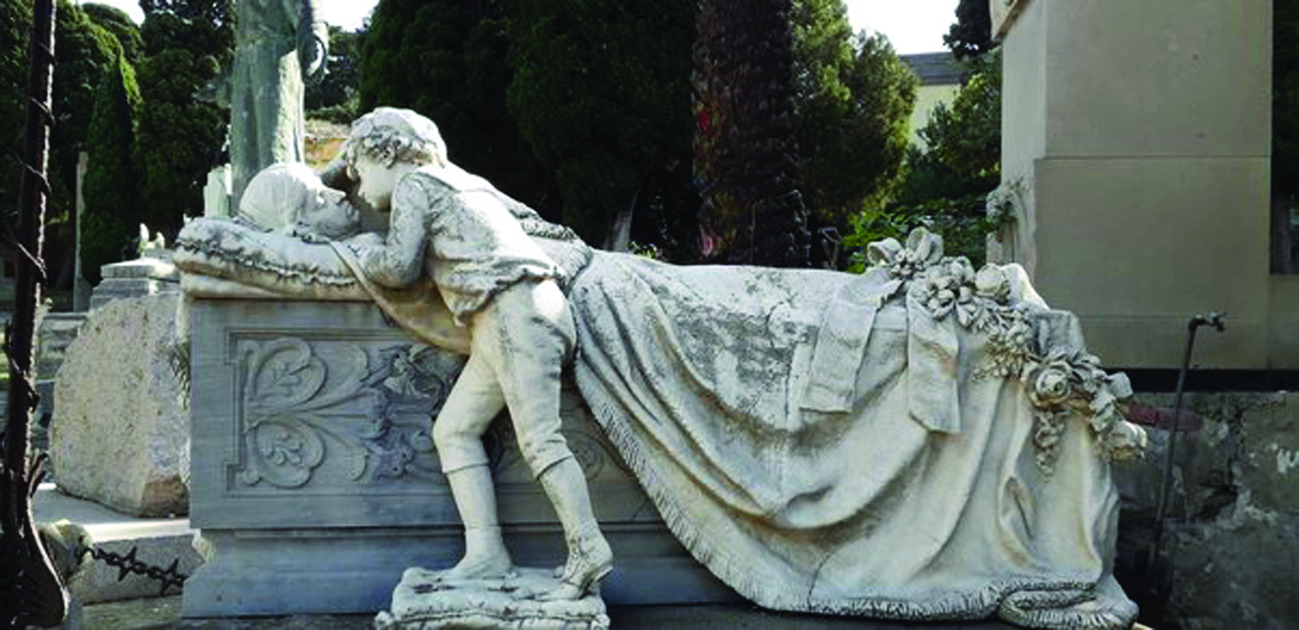
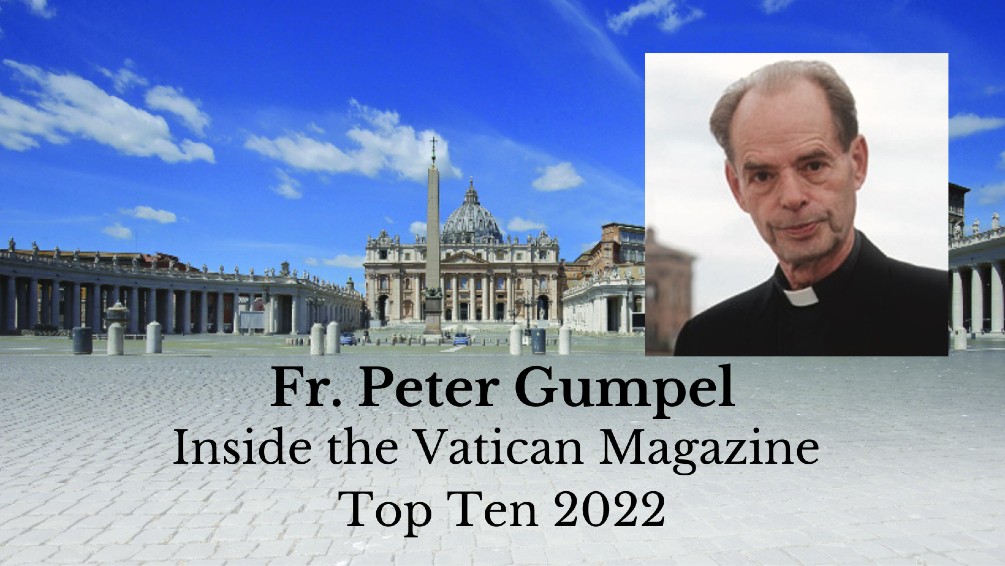
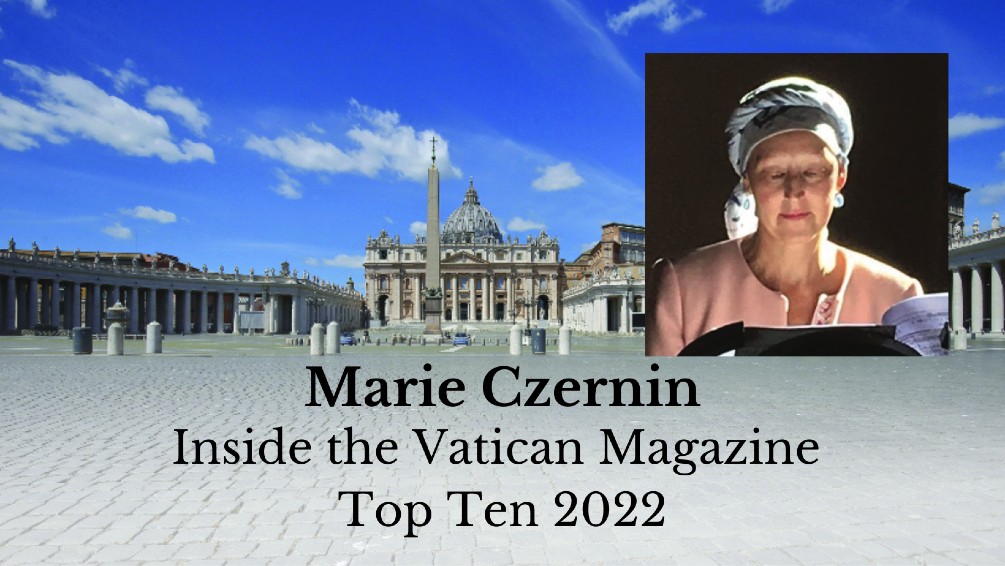
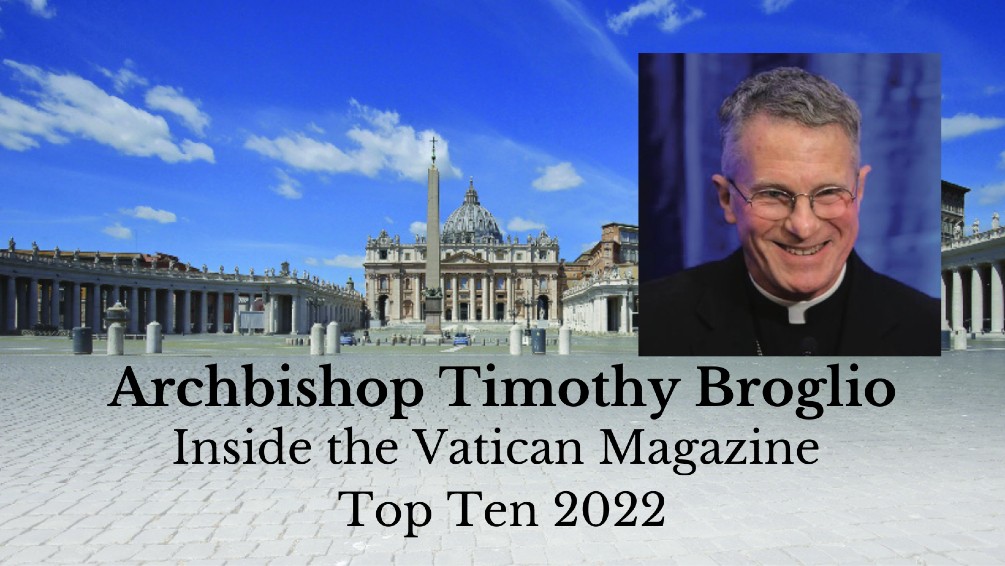
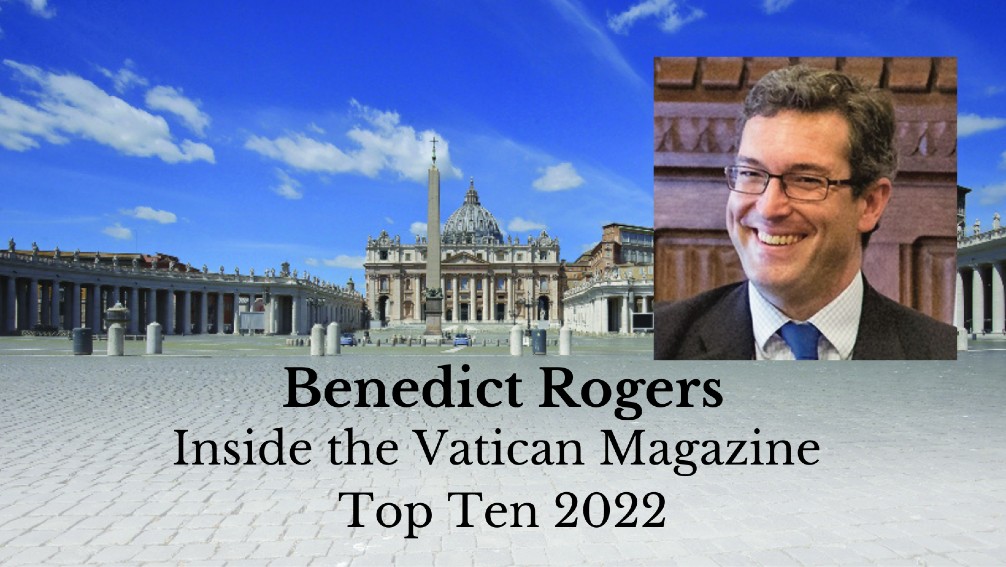
Facebook Comments